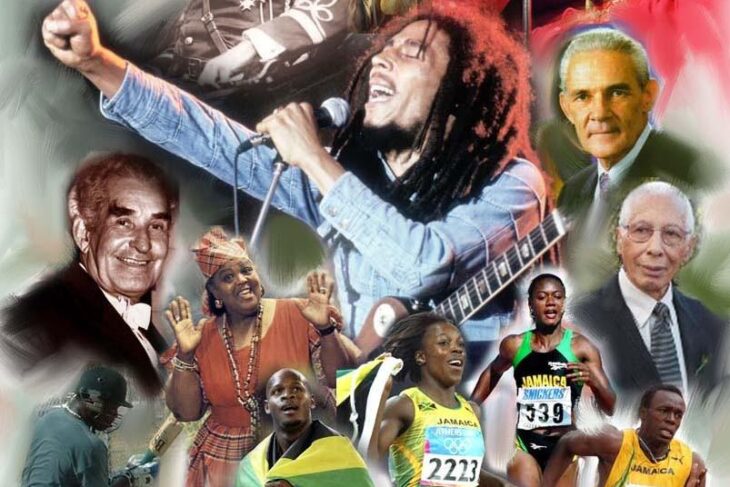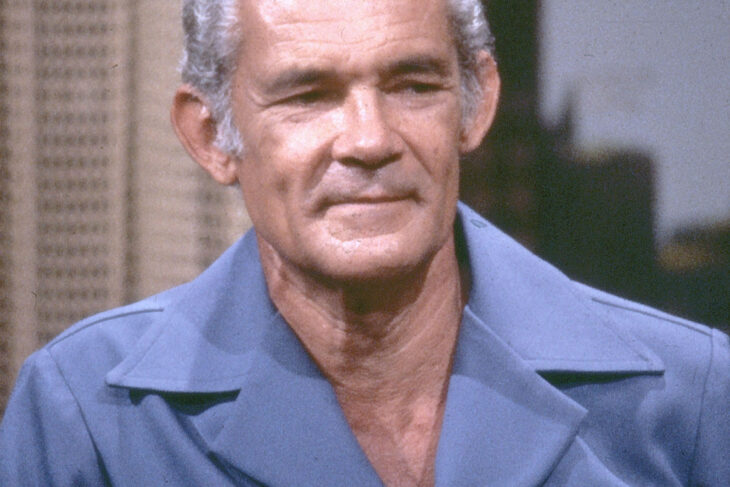
So often the kindness of those who cleared the path and carried the torch for us so that we are better today than we were yesterday is forgotten.
Are there roads and buildings named after Una Marson and O.T. Fairclough? Are there regular presentations made about their outstanding contributions to nation building? If so, let it be heard!
MISS UNA MAUD VICTORIA MARSON 6 February 1905 — 6 May 1965
“Marson’s poetry responds to the Western literary Canon she inherited while also questioning the way in which the Canon excludes particular voices based on their race, gender and/or class. Driven by this, Marson’s writing creates emancipatory poetic landscapes.”
Miss Marson was the youngest of six children to Rev. Solomon Isaac Marson (1858- 1916) and his wife Ada Whilelmina Mullings (1863-1922). Rev. Marson was the minister at Sharon Baptist church, Santa Cruz, St. Elizabeth. She entered Hampton High School where her father was a member of the Board in 1914. Had her father not been a member of the Board, would she, because of her complexion, have an easy entry? We do not know.
Rev. Webb, a Baptist minister who founded Westwood High, had his request for entry of his daughters to a high school, rejected.
After high school Miss Marson worked in Kingston as a voluntary social worker and in 1926 was appointed Assistant Editor of the Jamaica Political Journal, The Jamaica Critic. Eventually she established her own magazine Cosmopolitan, that focussed on younger middle class female workers to guide them about social graces, deportment and general information about world events. Who fulfils that role today?
In 1930 she published her first collection of poems ‘Tropic Reveries’, which was a welcome choice in schools instead of only Colonial poems. For this she was awarded the Institute of Jamaica’s Musgrave award. She produced plays based on Jamaican themes. This was very rare in those days.
In 1932 she arrived in England where “colour prejudice” was awaiting her, and with Jamaican Dr Harold Moody — who had founded a civil rights organization named ‘The League for Coloured Peoples’ — she was able to guide new immigrants concerning their rights and to provide avenues for accommodation.
Within six months of arriving in England, Miss Marson had stopped straightening her hair. This was a bold move.
In 1941 Miss Marson was hired by the BBC where she worked on the programme Calling the West Indies and was the first black woman to be employed. In her programme she met people like Jamaicans J.E. Clare McFarlane and Vic Reid. Other people included Andrew Salkey, Langston Hughes, James Weldon Johnson, Jomo Kenyatta and Haile Selasie with whom she worked while he was in exile. Other personalities included Marcus Garvey, Amy Garvey, Sylvia Pankhurst, Paul Robeson, John Mansfield, T.S. Elliot and George Orwell.
On her return to Jamaica she was a regular contributor to the weekly publication of Public Opinion where O.T. Fairclough was the manager.
Una Marson supported the work of Rastafarianism at a time when it was not a position to take.
Una Marson was a pioneer for our self actualization and we should continue on her journey because there are “many more rivers to cross”
MR. OSMOND THEODORE FAIRCLOUGH 28 February 1904 – 28 May 1970
“How lovely are the messengers that bring us the gospel of peace.”
We cannot have peace until some of our basic needs are met and O.T. Fairclough was an outstanding bearer to facilitate the goals.
Fortuitously, when I arrived in Kinston in 1959 to further my education I lived at 5 Torrington Road and my vivid memories are of a gentleman across the road at City Printery usually in white outfit.
At the Church of the Good Shepherd, Constant Spring, where I play the organ as well as being choirmaster, the son of O.T. Fairclough, Richard, is an outstanding bass and he generously facilitated my additional enquiry about his late father.
O.T. was born in Bethel Town, Westmoreland to Miss Gardener and a father who did not acknowledge him. According to his son, Richard, this was OT’s only regret. He attended Bethel Town Baptist Church and because of his brilliance at school was offered a scholarship to Calabar High School where his classmates included Roger Mais and Sir Philip Sherlock.
O.T. migrated to Haiti where he was manager of a bank. On his return to Jamaica in the 1930s, he applied for a position at a bank and, not receiving a response, went to enquire. He was told that the position for door man had just been taken!
He became a founding member of the People’s National Party. It was he who invited William Seivright to write the words for the party’s anthem Jamaica Arise with music by Granville Campbell.
O.T. was Managing Director of City Printery in 1940. In 1937 he co-founded with H.P. Jacobs the weekly newspaper Public Opinion. He was treasurer of the PNP, vice-chairman of the Board of the Jamaica School of Agriculture, chairman of the Board of Beach Control Authority and member of the Board of the Jamaica Broadcasting Corporation.
On July 1, 1936, he married Ivy Adele Whittle. The union produced three children — Christopher, who died; Gail, who resides in Germany; and Richard.
On July 11, 1944 Public Opinion published Roger Mais’ article ‘Now we know’ denouncing British Colonial rule and stating that the Second World War was fought to preserve British Colonialism. For writing that the great idea of democracy which delegates all “niggers” of whichever race to their proper place in the scheme of political economy, Roger Mais was tried for sedition and sentenced to six months in prison. OT’s son Richard told me that his father was the person the judge wanted to be sentenced because as manager of the newspaper he should not have published the article. However, Roger Mais volunteered to go to prison instead because OT’s wife had recently given birth to a son and Mais felt that OT should be with his family.
Richard said that the only time his father cried was when Roger Mais died.
The German Government gave a touring visit to OT in 1970 and although he was not very well to travel, he took the trip, perhaps to say goodbye to his children who were in Germany. He died there on 28 May 1970.
When Mrs. Fairclough called the minister of the Baptist Church in Kingston to make arrangements for the funeral, she was told by the minister that his attendance at Church was not good, so the funeral could not be held there.
“Jesus keep me near the cross.”
The funeral was at Holy Cross Roman Catholic church where his wife attended.
“NOW WE KNOW.”




Nice reminder of a history that a lot of people won’t remember or never knew.